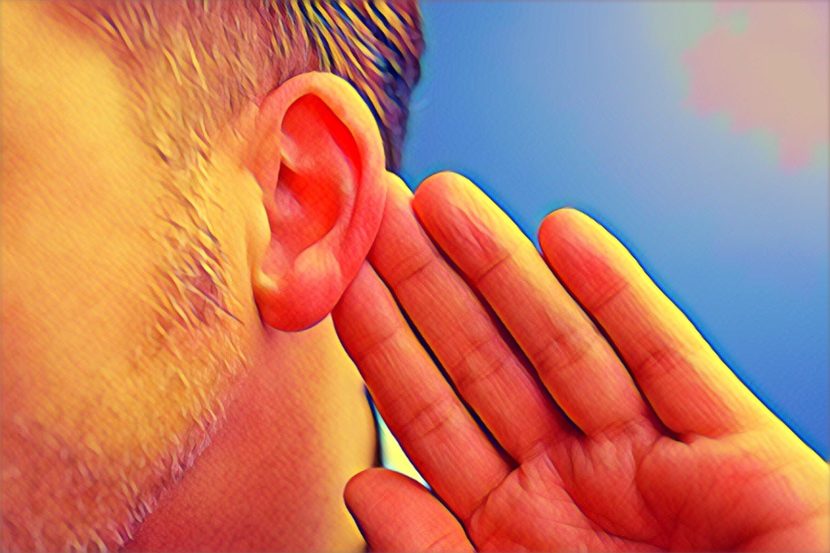The best listeners are people who stop what they’re doing and simply listen to what someone else is saying. They don’t decide anything about the value of what they’re hearing until the other person is done talking, and they’ve taken some time to think about it.
The best listeners ask for points of clarification. Then they’ll think about the implications of what the other person said. They’ll repeat back what their friend or relative has said in their own words of their understanding of what the other person said.
They’ll show what Steven Covey said was one of the habits of those who are highly successful: They sought to understand before being understood.
The lesson applies to you, too, even when you listen to yourself and your dreams.
Your subconscious is the one who’s sending a message in your dream. It sends a message with the topic, events, and the symbols included in the dream. The subconscious takes and distills the events of the days of your life to you. When you have a dream and don’t bother to understand or interpret it, this process is passive, and progress isn’t made as well. When you practice dreamwork, however, it’s active.
Dream interpretation is, essentially, listening to yourself.
Just as it is in our waking life, sometimes people don’t listen to others too well.
That includes when they don’t listen to themselves.
Don’t judge the dream or yourself until you understand it.
Listen to your subconscious
Once, I had a dream about a homeless program where the homeless people were taken out for fine dining on beautiful mountain hillsides. Verdant valleys were spread out beneath them. The homeless men and women had fine wine, the best cuisine, and violin music. They were feted.
In the real world, there are so many of these people, many with drug problems, many with psych issues. This isn’t a realistic way to deal with any of their problems. Some people spend a lot of money to go to places like that.
But realism isn’t the point of dreams. Communication, creativity, and thought are.
For a homeless person living beneath an underpass, it’s hard to see the beauty and the heights that might be possible. All you see every day are the underpass and feel the urge for drugs or feel the despair. You’re stuck in the elements, the days that go above 110 degrees (even if you think that it’s a dry heat).
In the dream, however, my subconscious was musing. People often act and feel different when they put on different clothes. In a different environment, the homeless people living under the underpass might act and behave differently. Some of them might think more of themselves. My subconscious was brainstorming possible solutions to homelessness.
A judgmental person might say, “That’s crazy. Who would have a homeless program like that?”
The dream-suggested welfare program wasn’t the point. Rather, it’s that people, in general, are shaped by their environment. Gritty, tough circumstances bring people down—and often help keep them there.
Some of the links in this post are affiliate links. This means that if you click on the link and purchase the item, the DRS receives a small commission at no extra cost to you. All opinions remain unaffected by this arrangement.
James Cobb, RN, MSN, is an emergency department nurse and the founder of the Dream Recovery System. He aims to provide his readers with simple, actionable ways to improve their health and maximize their quality of life.
